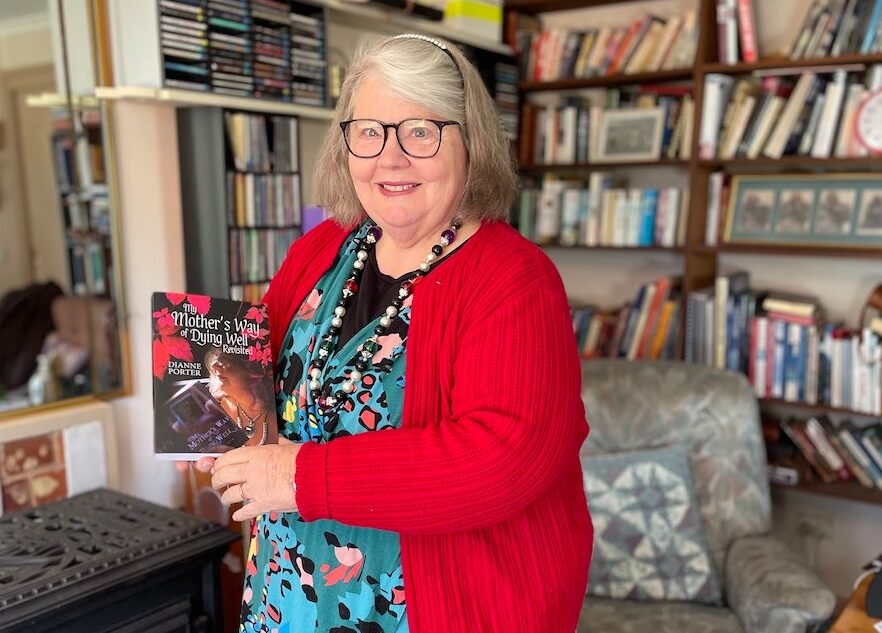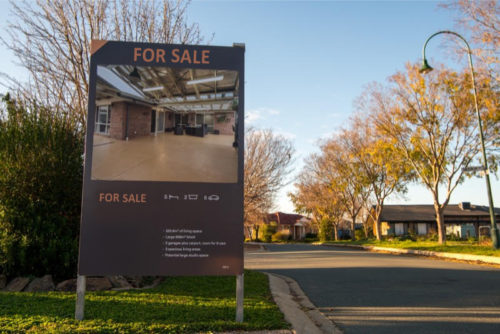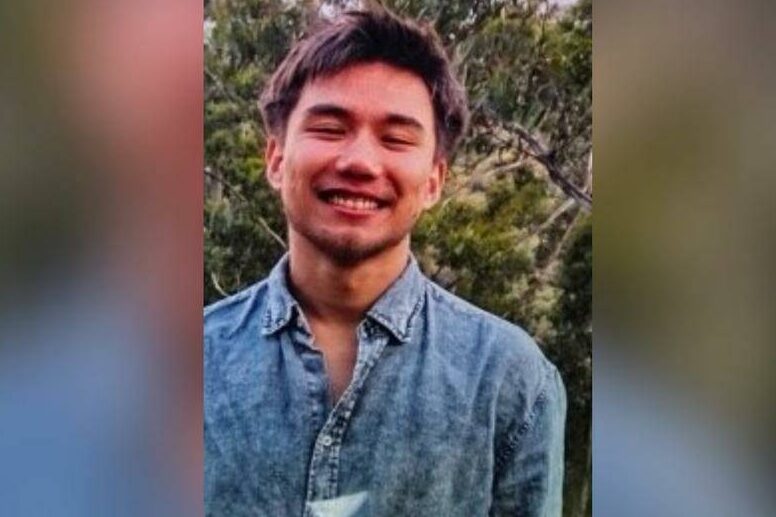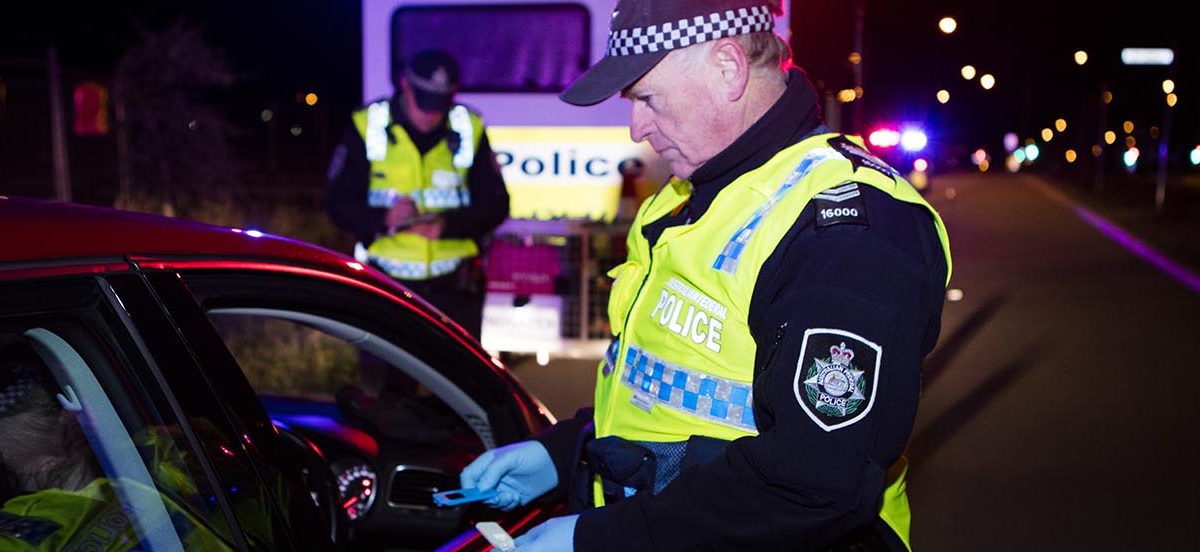
DIANNE Porter’s “season of bereavement” started when her dad keeled over while watering the garden and ended three years later with her mother’s death from cancer.
During that time, Dianne chronicled a “rollercoaster” of close relatives’ deaths, illness, divorces and dramas in her journal, which became her self-published book, “My Mother’s Way of Dying Well”, in 2014.
Dianne, formerly a nurse, has released a revised 2021 version of the book that she describes as a guide for anyone who might be confronting death and “dealing with all the living that also has to be done”.
“In the years from dad’s death to mum’s, the family I’d grown up with died. I lost a life I’d loved. It was a real culling,” Dianne says.
Partly as a tool for processing her own grief, and partly a celebration of her parents, the book also offers support in dealing with emotions, bereavement, funerals and finalising estates – as well as accepting that when it comes to death, things will most definitely not go according to plan.
This was particularly true when her father died suddenly.
Dianne’s parents, Helen and Geoffrey Byrne, had prepared for their deaths but nothing was straightforward when Geoffrey died in 2007. For one thing, Dianne says no one wanted an autopsy, but her dad’s doctor was on holiday at the time, so couldn’t sign the death certificate until he got back.
“We decided to have the ceremony so that everyone could get on with their lives. Mum didn’t want a fuss. Dad couldn’t be cremated until the death certificate was signed. I mean – he was quite dead! But he wasn’t officially declared dead until after the funeral,” she says.
Dianne says that the way things played out for her dad’s death meant her mum wanted to approach her own death differently.
“With my dad, he just fell down dead, so the hard part was not being able to say goodbye,” she says.
“For mum, the hard part was going through cancer, but she was able to plan and say her farewells.”
Because of the time she had, Dianne says the last month of her mum’s life in a hospice was surprisingly positive.
“The great thing about the hospice is that everyone has accepted that this is end-of-life care. It gave mum great peace of mind,” she says.
“The end of life is a kind of letting go. Mum was able to give away all the things she wanted to, and see the person receive it. She’d say to me, ‘now, so-and-so’s coming today and I want to give them this’, and I’d sort it out for her.”
After her mum died, Dianne found she’d left notes hidden around the house for her to find while clearing things out.
“Mum was highly organised. She thought of everything,” Dianne says.
“She made it easy for me to know what to do next, and that was a gift.”
Beyond dealing with the practicalities of death, Dianne says that elements of the book create a visceral feeling of the labour of grieving.
“In parts of the narrative, I’m struggling so the reader will feel that – but I think the struggle is important, like birthing a baby,” she says.
“I want the reader to get a sense of that struggle, to get the benefit of it in their own lives. How emotional it is. And to not be scared of emotions. Find a safe way to release them. I used to go and have a coffee in my local café. I might cry the whole time, but it was my way to release and then get on with things.
“The balance has to be right – sometimes things are funny, too. And when it’s funny, laugh.”
Dianne says she’d like the book to make people think, “when death comes to me, am I going to be ready? Am I prepared enough?”
But at the same time, while it’s a “good start” to have a plan, don’t worry too much if it has to change, she says.
“I suppose the book is about what the plan was in our family, how it all got thrown out the window and how we navigated things as close to the spirit of the plan as we could,” she says.
“I don’t have a problem with dying, I’m comfortable with it, but I’m not nearly as organised as mum!”
“My Mother’s Way of Dying Well” by Dianne Porter, available via Amazon and other online retailers.
Who can be trusted?
In a world of spin and confusion, there’s never been a more important time to support independent journalism in Canberra.
If you trust our work online and want to enforce the power of independent voices, I invite you to make a small contribution.
Every dollar of support is invested back into our journalism to help keep citynews.com.au strong and free.
Thank you,
Ian Meikle, editor




Leave a Reply